Parable of the Month November: The ashamed bridegroom
“The God of my father, and I will exalt Him” (Exod 15:2).
I am a queen, daughter of kings, beloved, the daughter of beloved ones, holy, the daughter of holy ones, pure, the daughter of pure ones.
A parable of a man betrothed a woman. Sometimes he is ashamed of her, sometimes he is ashamed of her family, sometimes he is ashamed of her relatives.
But I am not so: queen, daughter of kings; beloved, the daughter of beloved ones, holy, the daughter of holy ones, pure, the daughter of pure ones.
(Source: Mechilta de Rabbi Ishmael, Shirata 3)
The midrash in the beginning of the passage draws on the repetition ‘my God’ … ‘the God of my father’ in the two parallel sections of Exod 15:2, which is part of the Song at the Sea. The midrash explains why ‘the God of my father’ needs to be mentioned while ‘my God’ seems to suffice by putting the words of the song in the mouth of a queen. She declares that she inherited all her qualities from her royal ancestors. In the midrash, the ‘queen’ stands for the people of Israel who praise God at the sea. The obvious reading of the midrash thus seems to be that Israel praises God not only because He is their God now, but also because He was already the God of their ancestors, who were noble people. For Israel, this would be a confirmation that He is a God worthy of praise.
I want to suggest another reading, namely that the midrash reads ‘my father’ as the object of ‘I will exalt him’. In this case Israel not only praises God (This is my God, and I will glorify him), but also her ‘father’ who stands, pars pro toto for her ancestors (The God of my father, and I will exalt him – i.e. my father).
The parable itself draws on the same theme of noble ancestry. A man who marries a woman may sometimes be ashamed of her, or of her family. Despite the fact that the mashal is introduced with the regular formula, the nimshal is introduced with the formula of a contrast parable: ‘But I…’. This results in the effect that the behavior of the man in the mashal is not compared with an element in biblical verse, or in its midrash, but that it is contrasted with it. The contrast, however, is not with God, but with the ‘I’ character, the queen, who is already identified with Israel. This contrast-nimshal is a repetition of the midrash in the beginning, and should therefore be read in the same vein. Opting for the interpretation that I suggested, the nimshal repeats the idea that Israel is proud of her ancestors and wants to praise them: The God of my father – i.e. my ancestors – and I will exalt him. In the light of this interpretation, the mashal receives a different meaning than it would have at first sight: even though the mashal, stereotypically, introduces a man, the real focus is on the woman or the queen. Whereas a human wife, queen, or her family, can sometimes give her husband reason for shame, this is not so with Israel: God does not need to be ashamed of her, or of her ancestors. Israel praises her ancestors, just as she praises God.

Lieve Teugels
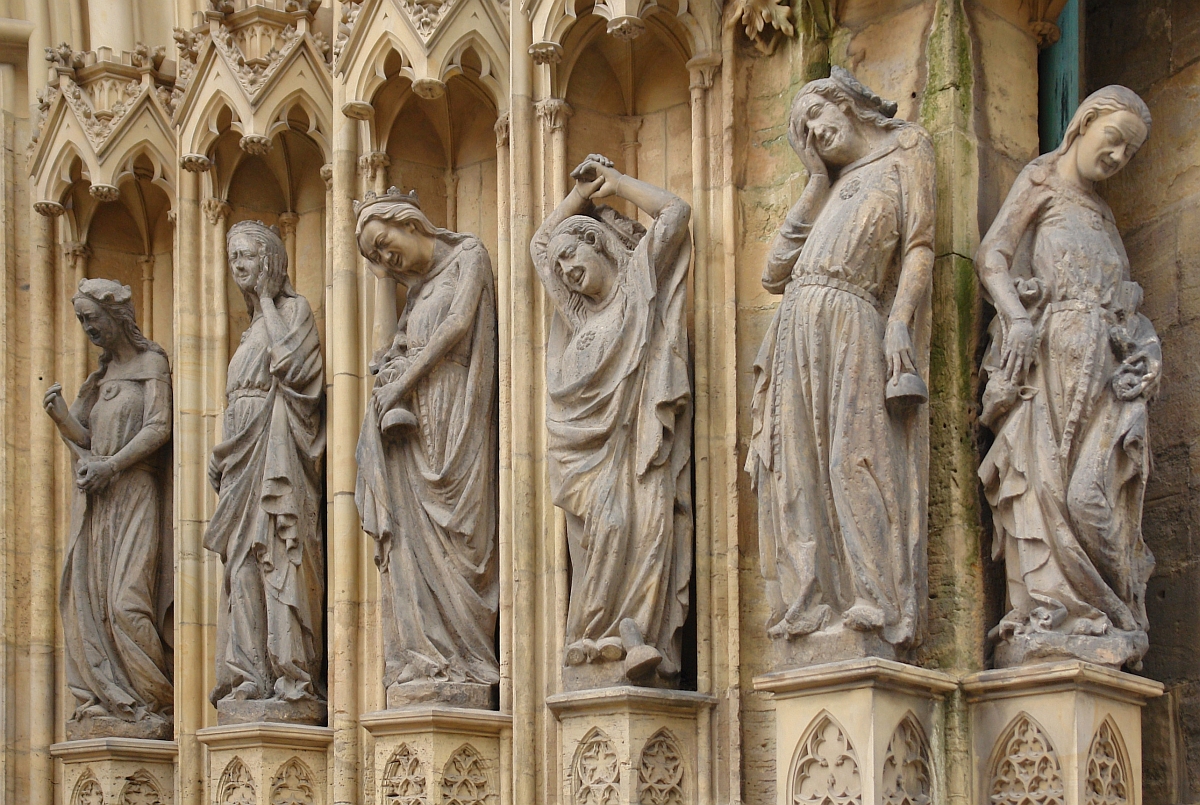
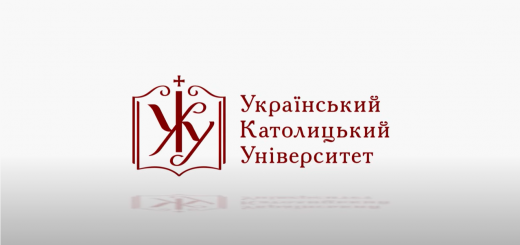


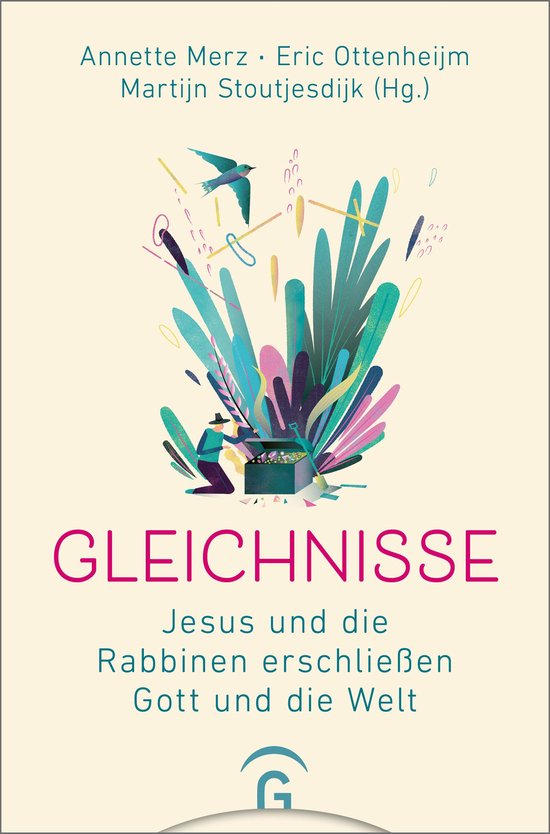
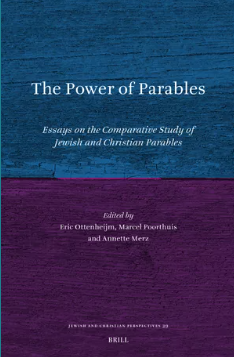
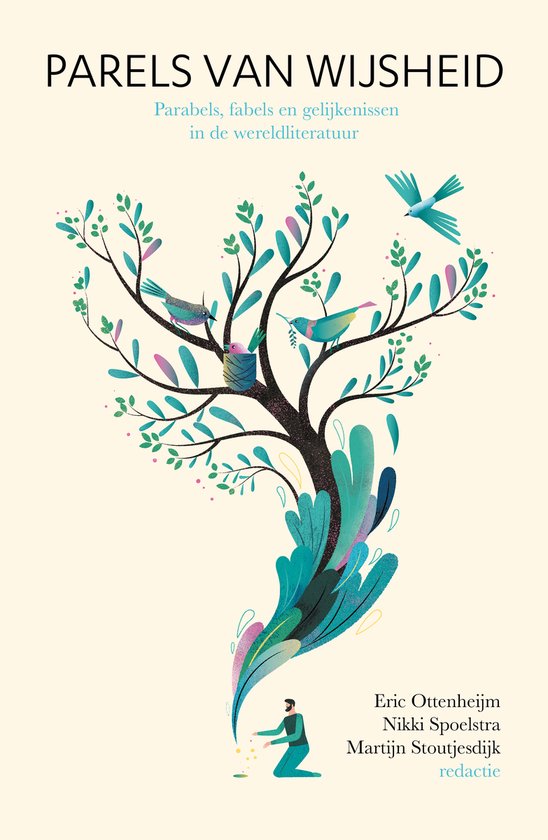
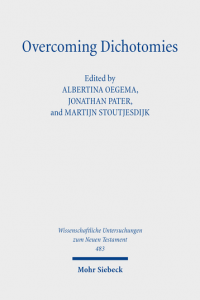
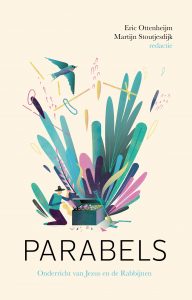
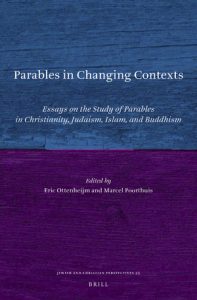
Recente reacties